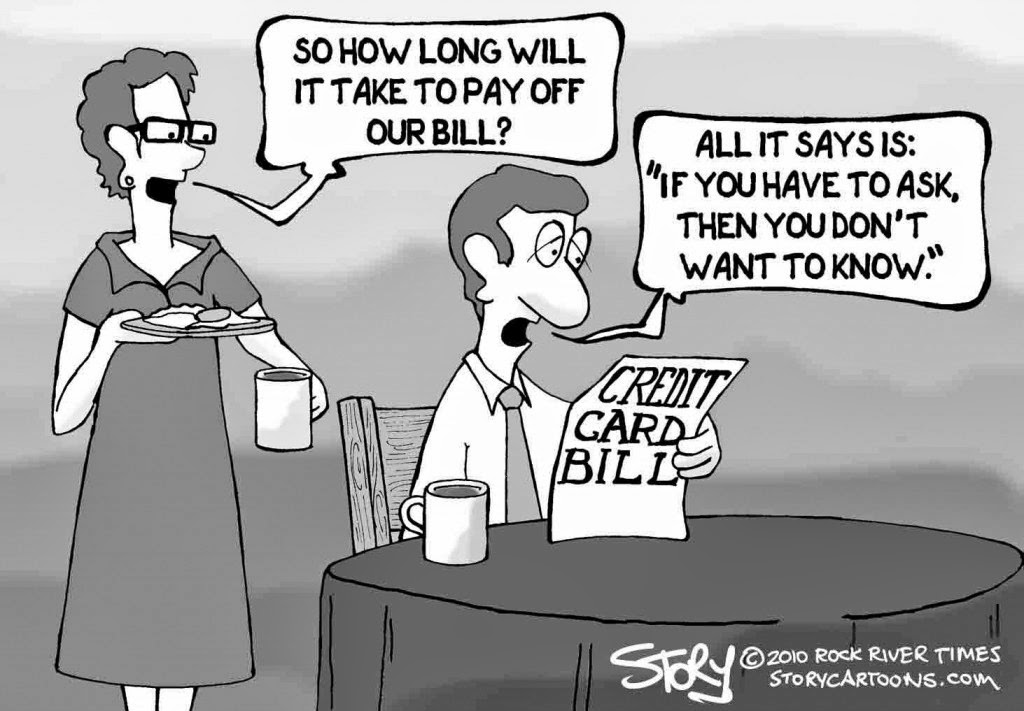 |
| boy building rocket |
1- They never thought about record keeping as being important so never developed a system
2- The system they decided on ( usually because some else told them) is so complicated they don't keep it up.
3- They spend so much time keeping records that they don't spend any time reviewing them and using them to make decisions... the whole reason to keep organized records in the first place.
One part of a record keeping system is an organized bill paying system
Your professor has had the same bill paying system for years. Why? It's incredibly simple, wastes not much time, and everything is organized and easy to find. Plus I'm never late or forget a bill which would cost me money. So what is this secret system? Well, I'll tell you. They key though is that this system works for me.
 |
| messy desk with bills |
2- Once glanced at, I toss them into a cubby hole I have in my home office. But before I built that I just tossed them into a box on my desk. This is easier for me that receiving them electronically, but if that works for you just drag them in to an e-folder when received, so that they are in one place when you want to pay them and don't they don't get lost or burred under other things
 |
| phone screen shot reminders |
 |
| save paper postage time |
4 - Then 1 of 3 things happens to them. If they are a statement... bank, broker, credit card etc I file them in a big binder for that year. If they are a tax document or something I will use on my tax returns i.e. receipt from charity I toss them in to a big envelope labeled taxes ( after all I don't need to see them again until tax time). If I don't need to save it it gets shredded right then. I have a good small shredder. No shredder? toss into a big xerox box and watch for free shred days. Shredding is important. It just helps protect your privacy.
You may have the comment... My bills don't come so neatly to be paid just twice a month. Well there's a trick to that. Call whom ever bills you, and tell them what day you want the bill sent. This works with credit card bills, and most others have a long enough grace period to fit into your cycle cleanly.
 |
| email bill to computer |
 |
| credit card cartoon |
If you have anything billed to a credit card be sure you pay the entire credit card bill fully each month. If you don't things can end up costing close to double. We'll talk more about this in the course later. If not go the debit or paper route for bills.
One thing i do when I pay for things is to think about the records I will need for taxes. For instance doctor's copay's are paid via debit or credit card. Why? They show up on my bank statement. Since I save the statements they are easy to review at tax time and pull out anything information i might need.
I haven't talked about tying your bill payment system together with your budging system but we are taking small steps first. Once bills are organized then you can match them to your budget.
Now my system may not work for you but having a system that does is key. Again keep the system simple and make it one that works for you.










